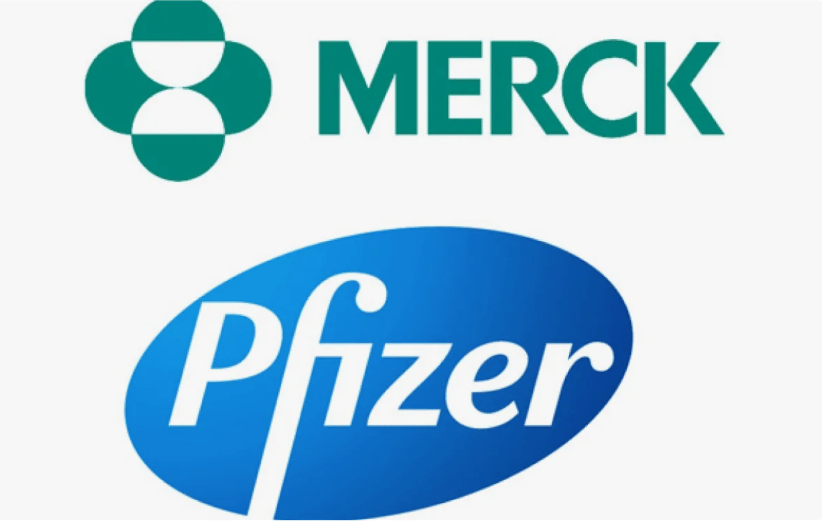AstraZeneca and CSPC Pharmaceutical Sign $5.3B AI-Powered Drug Development Deal
AstraZeneca $AZN, the Anglo-Swedish pharmaceutical giant, has announced a new AI-driven research agreement with China’s CSPC Pharmaceutical Group $1093.HK valued at up to $5.3 billion. The deal is designed to accelerate the development of novel therapies for chronic diseases, including cardiovascular and metabolic disorders, using artificial intelligence and machine learning capabilities. This agreement represents AstraZeneca's most significant R&D collaboration in China to date and is viewed as a strategic response to the company's recent operational challenges in its second-largest market.
Implications of AstraZeneca’s AI Partnership in China
The pharmaceutical landscape is rapidly evolving with the integration of AI in drug discovery, and AstraZeneca's move reflects this industry-wide transformation. Through this agreement, the two companies aim to leverage CSPC’s local R&D infrastructure and AstraZeneca’s global portfolio in developing next-generation treatments for chronic illnesses. The partnership will combine CSPC’s preclinical assets and data with AstraZeneca’s proprietary drug development platforms.
This deal also comes amid growing regulatory complexity in China, where multinational pharmaceutical firms face pricing pressure, import scrutiny, and heightened political risk. AstraZeneca’s local strategy has been under scrutiny following the 2023 arrest of its China president and an ongoing compliance review related to its import practices. This AI-focused agreement may help reposition the company as a technology-forward player aligned with Beijing’s priorities for innovation and healthcare self-reliance.

Overview of the AstraZeneca–CSPC Agreement
💰 Deal Value: Up to $5.3 billion in milestones and potential royalties
🧬 Focus: AI-led R&D for chronic disease therapies
🇨🇳 Partner: CSPC Pharmaceutical Group, based in China
🧠 Technology: Artificial intelligence integration in preclinical drug development
🏥 Target Conditions: Cardiovascular, metabolic, and other chronic diseases
🔍 Context: AstraZeneca seeks strategic re-engagement in China following regulatory hurdles
🤝 Structure: Collaborative agreement including licensing, milestones, and co-development
Market Reaction and Industry Commentary
Investors have reacted with cautious optimism. While shares of AstraZeneca remained relatively flat following the announcement, analysts interpret the deal as a signal of long-term strategic commitment to the Asia-Pacific pharmaceutical market. CSPC’s stock (1093.HK) saw mild intraday gains, reflecting local confidence in the partnership’s innovation potential.
From a competitive standpoint, the deal positions AstraZeneca more aggressively against global rivals like Pfizer $PFE and Merck $MRK, which are also leveraging AI in Asia-based collaborations. Analysts at Jefferies and Barclays noted the importance of regaining market credibility in China and flagged the agreement as a potential turning point in local perception of AstraZeneca’s role in China's biotech ecosystem.
The deal also reflects broader trends of foreign pharmaceutical companies deepening local partnerships to navigate China’s fragmented healthcare regulatory environment while accessing patient data and cost-effective development pipelines.

Key Takeaways — Strategic Highlights of the Collaboration
The partnership is AstraZeneca’s largest AI-based R&D collaboration in China.
It involves milestone-based payments and licensing rights up to $5.3 billion.
Both firms will focus on chronic diseases with high unmet medical need.
The collaboration helps AstraZeneca rebuild local presence post-controversy.
The move reflects a broader trend of AI integration into drug development pipelines.
Significance of the AstraZeneca–CSPC AI Collaboration
The AstraZeneca–CSPC partnership signals a strategic shift in how global pharmaceutical companies are adapting to the Chinese market: blending technology, localization, and strategic alliances. Amid escalating complexity in international regulatory landscapes, AI-driven innovation offers a potential pathway for Western drugmakers to sustain growth and relevance in China. The $5.3 billion deal also reinforces the role of cross-border partnerships in shaping the future of healthcare, with data, algorithms, and precision medicine increasingly at the forefront of pharmaceutical R&D.















Comments